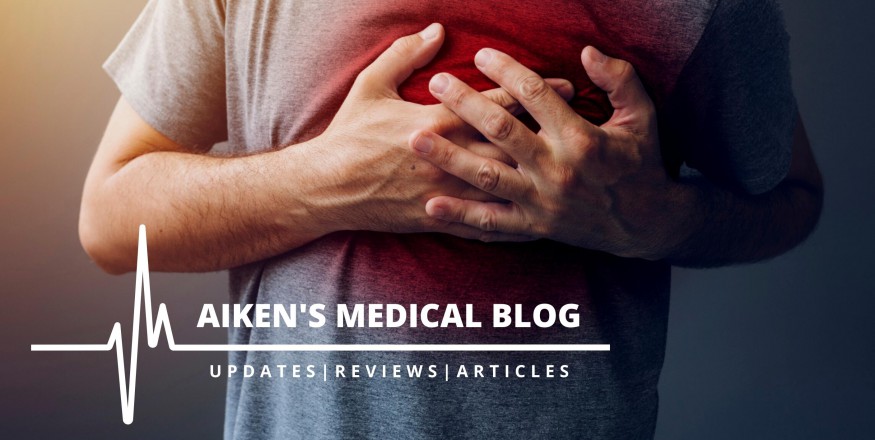.jpg) x
x
The COVID-19 pandemic has brought vaccines to the forefront of public discourse. While vaccines have been an essential tool in combating the spread of the virus, misinformation and myths have caused some people to be hesitant about getting vaccinated. To combat this, it's essential to dispel these myths and provide accurate information.
Myth: COVID-19 vaccines authorised for use in the United States shed or release their components.
Fact: Vaccine shedding can only occur when a vaccine contains a live, weakened virus. None of the vaccines authorised for use in the U.S. contains a live virus, so shedding is not a concern.
Myth: Getting a COVID-19 vaccine will cause me to test positive on a viral test.
Fact: None of the authorised and recommended COVID-19 vaccines can cause you to test positive on viral tests, which are used to see if you have a current infection. However, if your body develops an immune response to the vaccine, you may test positive on some antibody tests.
Myth: The ingredients in COVID-19 vaccines are dangerous.
Fact: Nearly all the ingredients in COVID-19 vaccines are also ingredients in many foods – fats, sugars, and salts. Furthermore, COVID-19 vaccines do not contain preservatives, tissues, antibiotics, food proteins, medicines, latex, or metals.
Myth: The natural immunity I get from being sick with COVID-19 is better than the immunity I get from COVID-19 vaccination.
Fact: Getting vaccinated is a safer and more reliable way to build immunity to COVID-19 than getting sick with the virus. Vaccination causes a more predictable immune response than infection with the virus.
Myth: COVID-19 vaccines cause variants.
Fact: COVID-19 vaccines do not create or generate variants of the virus that causes COVID-19. Instead, vaccines can help prevent new variants from emerging by reducing the spread of the virus.
Myth: All events reported to the Vaccine Adverse Event Reporting System (VAERS) are caused by vaccination.
Fact: Anyone can report events to VAERS, even if it is unclear whether a vaccine caused the problem. VAERS data alone cannot determine if a COVID-19 vaccination caused the reported adverse event.
Myth: The mRNA vaccine is not considered a vaccine.
Fact: mRNA vaccines, such as Pfizer-BioNTech and Moderna, work differently than other vaccines, but they still trigger an immune response inside your body. COVID-19 vaccines do not change or interact with your DNA in any way.
Myth: COVID-19 vaccines contain microchips.
Fact: COVID-19 vaccines do not have microchips. Vaccines are developed to fight against disease and are not administered to track your movement.
Myth: Receiving a COVID-19 vaccine can make you magnetic.
Fact: Receiving a COVID-19 vaccine will not make you magnetic, including at the vaccination site, which is usually your arm.
Myth: COVID-19 vaccines can alter my DNA.
Fact: COVID-19 vaccines do not change or interact with your DNA in any way.
Myth: A COVID-19 vaccine can make me sick with COVID-19.
Fact: None of the authorised COVID-19 vaccines in the United States contains the live virus that causes COVID-19, so getting vaccinated cannot make you sick with the virus.
In conclusion, it is crucial to have accurate information about vaccines to stop the spread of COVID-19 and protect ourselves and our communities. By understanding the facts and dispelling myths and rumours, we can all play a role in ending the pandemic.
ns 15.158.61.5da2




















